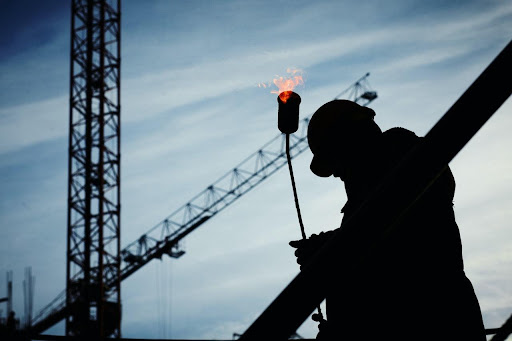Although it has received criticism for being outdated, the oil and gas industry is advancing thanks to technological advancements. In recent years, the oil and gas sector has seen a boom in technology. The use of new technology to improve safety, efficiency, and prices have been made possible by this technological boom. Automation and digitization are responsible for many of these breakthroughs. Oil and gas CEOs and executives can benefit from digital technologies by lowering costs, increasing output, and lowering carbon emissions. Here are some technology updates that are influencing the oil and gas industry.
Artificial intelligence (AI)
Artificial intelligence (AI) can help the oil and gas business at all levels. Forecasts and trends can be found using both upstream and downstream analysis. They offer tactical suggestions for businesses’ positioning in the sector as well. AI can support midstream operations by serving as the structural framework for adaptable operational systems that can all be interconnected via the internet of things (IoT). This enables process optimization, high-output machinery operation, the eradication of expensive errors, and the identification of potential damage sources. To solve difficult challenges in the upstream, midstream, downstream, and upstream operations, the oil, and gas sector are increasingly embracing AI and data science.
E-commerce
Even though this technology update can seem insignificant at first, with enough time, it can move mountains. One of the main advantages small industries had over their larger, slower-moving competitors was the capacity to move quickly. For instance, the speed at which they can purchase the business’s assets. Currently, the expansion of e-commerce into the huge industry sector is reducing the gap between the two businesses. The big oil and gas corporations, for instance, may now acquire new oilfield equipment and parts online, such as quality fluid ends, in bulk.

Augmented reality (AR) and virtual reality (VR)
According to a recent study, by 2024, the market for augmented reality (AR) and virtual reality (VR) is expected to have grown by a factor of ten, reaching 300 billion dollars. The oil and gas industry will be affected by AR and VR in different areas. Without having to travel to foreign factories, VR headsets can provide workers with hands-on instruction. This may offer an effective and secure method of applying theoretical knowledge to real-world situations. Next, AR headsets can show appropriate tools and parts and hands-free instructions. Giving graphical information and removing the need to read extensive manuals, can dramatically improve maintenance efficiency. Additionally, these AR headsets can record the procedure for later use and offer live video access to professionals who aren’t present at the servicing location.
Cybersecurity
Business leaders have been particularly concerned about security threats to their organizations ever since the internet was first developed. You must take preventative measures to safeguard your company from cybersecurity risks given that the majority of operations are now conducted online. Start by examining and assessing the risk of breaches to your internal security. From there, especially when it comes time to pursue encryption services, you should research whether on-premises or cloud computing is the best option.
Internet of things (IoT)
The shift from a solitary, decentralized, and analog technology to a highly connected network of smart gadgets is referred to as the “Internet of Things”. The internet of things (IoT) uses the enormous memory and communications technology advancements made available by cloud computing to consolidate data from many devices. Now that these devices can communicate data with one another and the cloud, operations can be centralized, optimized, and supervised. For remote monitoring, production optimization, worker safety, and remote monitoring, the oil and gas sector use the IoT. Through the use of sensors positioned in wells, blowout prevention (BOP), choke valves, and other equipment, real-time data can be collected. Oil and gas startups can immediately discover damaged equipment thanks to this data, which enables field engineers to respond and plan swiftly.
Blockchain
Among the effects of blockchain technology on the oil and gas industry are secure transactions like digital transactions which can now be carried out with more security and transparency thanks to blockchain technology. For the USA’s secure management of crude oil deals, Natixis, IBM, and Trafigura launched a blockchain-based smart contract platform. Another effect is enhanced trust in the storage and authentication of recruitment training certificates which can be made possible via blockchain technology.
Before considering incorporating something into your current technological landscape, your company must carefully assess what it needs from technology. Hopefully, this article has provided you with some suggestions on how to make the most of current technology updates in the oil industry.
Read more interesting articles at advisorwell

